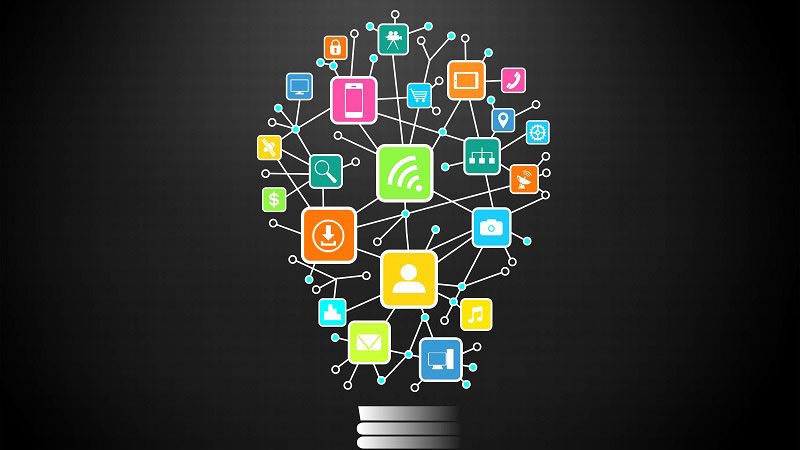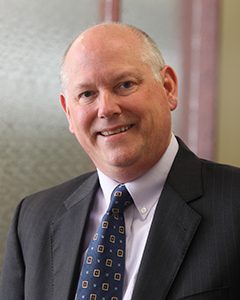The Millennial Mindset

A blog by Richard W. Rausser, CPC, QPA, QKA, Senior Vice President, Pentegra Retirement Services – June 6, 2017
In the spring of 2015, millennials surpassed Gen X to become the largest generation in the American workforce. As millennials flex their workplace muscle, they’ve already changed the rules about communications, work hour flexibility and benefits—in particular retirement benefits. With the 401(k) plan being the primary source of retirement income for many millennials, ensuring that we communicate plan benefits and features effectively has also taken on a whole new meaning.
I remember the day I believed I cracked the code on how millennials differ in their communication preferences from Gen X or Boomers. It was during a layover on a business trip about eight years ago. I tried to call home to let my family know I would be late. I dialed the phone more than once with no answer. Then I sent a text to my daughter’s cell phone and got a response immediately.
Millennials are all about technology and today’s employers must respond to the changing communications dynamic in the workplace—including how they communicate with respect to employee benefits. Traditional methods of educating employees with a one-on-one meeting is not necessarily the way millennials like to communicate. Rather, it’s more about “Can you text that to me?” or, “Is there an app for that?” Even email is passé. Instant messaging within the office is now the preferred way of communicating with the millennial generation.
But just because they may not want to communicate traditionally doesn’t mean that millennials don’t want help understanding retirement benefits and how to best utilize their 401(k) plan for maximum results. These younger employees often want the help, need the help and expect management to provide that help.
A series of intergenerational round tables at Pentegra helped us learn how to better respond to the growing millennial workforce. Millennials expect their dedication to the job to be greatly rewarded. A solid retirement benefits package is how many employers are responding. Millennials are relying on two things. One, that their employer has a 401(k) plan. And, two, that there is a generous matching contribution.
My millennial son got his first full time job at the age of 22. When he asked me for advice about signing up for his 401(k) plan, I told him to contribute 10% of his pay and to increase that amount by one percent annually until he was at a 15% savings rate, as that is where it has to be early on in one’s career to take maximum advantage of the benefit of compounding. He came home the next day and told me he signed up for 15% right off the bat because another millennial at work told him “do it now, it’s worth it down the road.” Smart millennials!
Millennials often face some significant financial challenges. They’re graduating with more student loan debt than any other generation. And, even though many of them say they would rather take vacations now and not wait until retirement, they are looking deep into their future. They’re just doing it in a different way.
Compared to boomers, millennials have more flexible retirement expectations and are much less likely to set their sights on retiring at a particular age — only 36 percent set a specific age as a milestone, versus 52 percent of boomers. Instead, they’re more apt to base retirement on having saved a certain amount of money. Millennials were also more likely to say they would retire later to make their retirement savings last longer.1 This translates into flexibility in terms of both retirement readiness and retirement lifestyle for this generation, and more time to grow their nest eggs.
What we learned from millennials led to the development of the Pentegra SmarthPathTM.—our best practice guide to plan design and savings strategies to help everyone achieve successful outcomes. Automated savings and investment features can be built right into a retirement plan’s design to help millennials plan their future, their way and on their time.
In fact, 64% of millennials indicate they should have enough to make it through their retirement, according to the Spectrem Group 2016 DC Participant Insight Series report. This is good news, as the year 2042, when millennials will start relying on their 401(k) plans as a definite lifeline will be here before we know it. Time flies as they say!
About the Author

Comments
No comments.